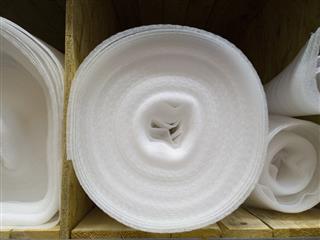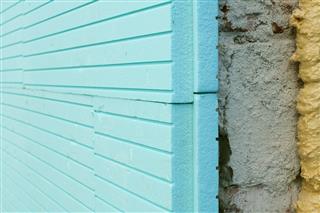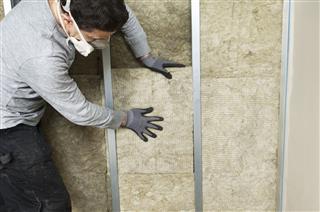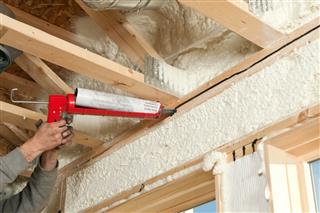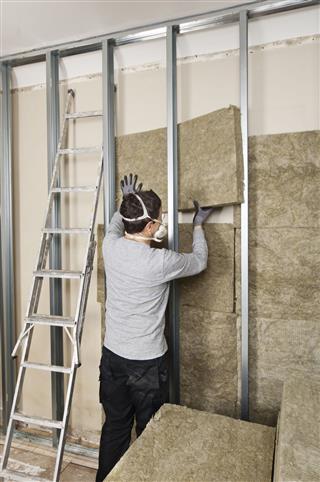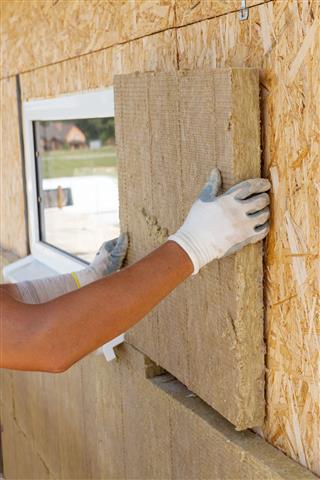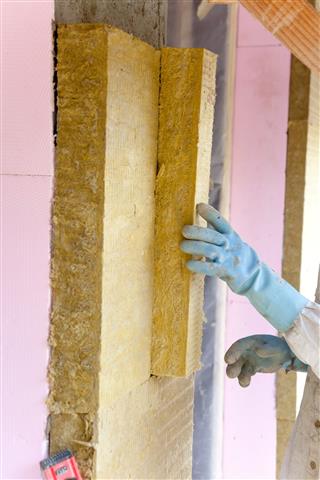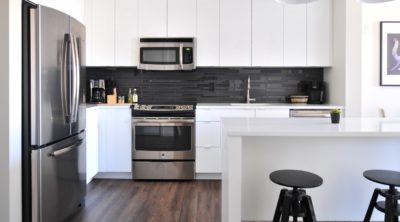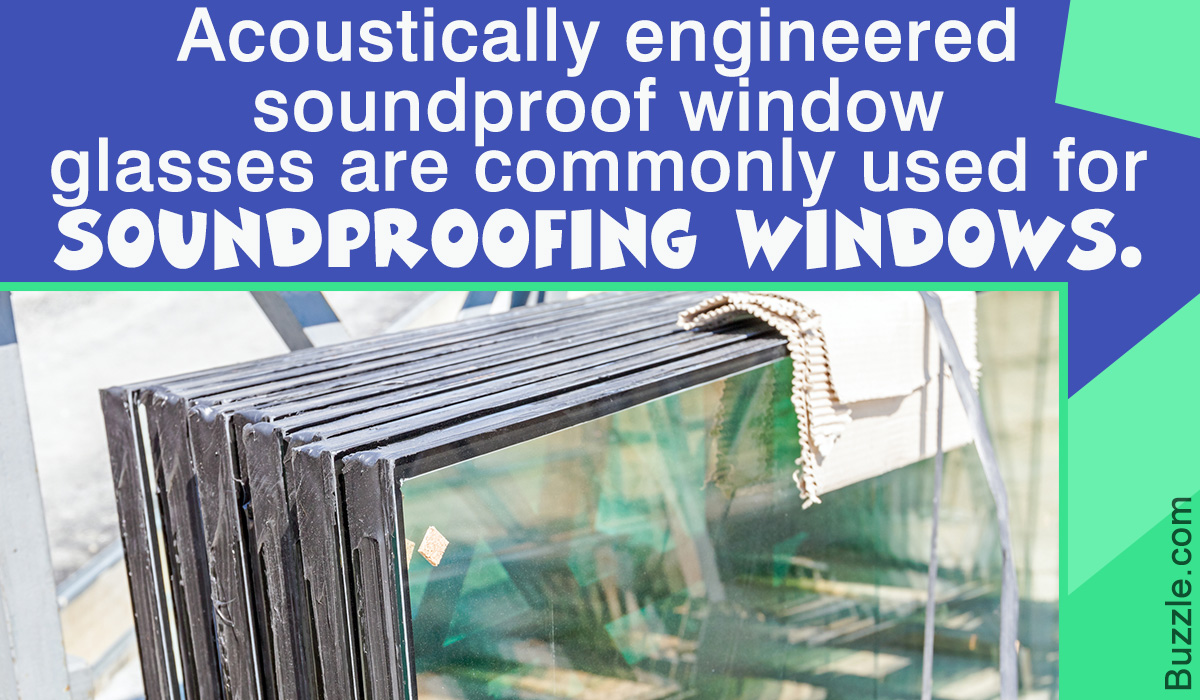
Soundproofing is defined as the reduction in the magnitude of sound by using certain materials. Noise reduction and noise absorption are the two basic principles of soundproofing. Here, in this article, I have put a brief study about the concept behind soundproofing, and soundproofing material comparisons.
In soundproofing, noise reduction simply means decreasing the magnitude of the sound energy traveling from the source towards the receptor. It’s done either by increasing the distance between the source and the receptor, or by introducing a blockage in the path of the sound waves. Noise absorption is about curbing the intensity of echoes, reverberation, resonance and reflection of the sound inside a room. Dampening the sound waves is also a form of sound absorption. For example, if you hold the vibrating parts of a tuning fork, it’ll stop producing the sound. This is because, you are not allowing the tuning fork to vibrate and hence the sound waves get dampened. All these principles of soundproofing, boil down to the selection of the best soundproofing materials available and for maximum soundproof benefit.
Windows are Not Enough
Installing a soundproof window, reduces 75-95% of noise.The good thing about installing this window is that, you do not have to waste your time in replacing your existing one. This acoustically engineered soundproof window is manufactured with a special glass, and can be simply added to the old one as a second window. The additional glass of the soundproof window creates an air space with the existing glass. This air space, helps the outer part of the glass to deflect and dissipate the sound, thus enabling efficient soundproofing.
Soundproofing Walls
In soundproofing the walls of your house, the concept of ‘mass’ plays an important role. The thicker the wall, the better the soundproofing. Different kinds of insulation materials are available for noise reduction. Fiberglass insulation batting (stuffing made of roll or sheets of synthetic fiber) can be applied between the studs placed within the dry wall layers. Tighter batts are denser and hence more efficient in stopping the sound. Walls can also be soundproofed using foam based materials. Using silicon caulking is also one of the cost-effective ways for soundproofing walls. Soundproof walls also provide additional benefits, as an insulator for temperature regulation. It keeps the room temperature warm in winters and cool in summers.
Resilient Channel and Acoustical Mat for Soundproofing
A resilient metal channels is ‘Z’ shaped steel, that is used for dampening sound waves and reducing the vibration that passes through the walls. They act as shock absorbers between the drywalls and the stud work. Acoustical mat or absorbent mat creates a compartment inside the wall, trapping the sound waves.
MLV (Mass Loaded Vinyl) Barrier Damper Sheet
MLV; a low cost soundproofing material mainly used in marine and land based enclosures has a combined property of dampness and stiffness, making it ideal for reducing both air borne and structure borne noise transmission. MLV has an STC (sound transmission coefficient) rating of 32. You can soundproof a room with MLV before construction or post construction.
Lead Sheetrock
Sheetrock, though a bit costlier than other soundproofing materials, is considered as one of the best of its kind. It is one of the commonly used materials for soundproofing interior walls. Adding silicon caulking to it, yields better results, as silicon itself is an effective dampener of sound waves or vibrations. Lead can also be glued to one side of the sheet rock. Lead is heavy, but at the same time it is very soft. The metal’s high density prevents it from vibrating at audible frequencies. It blocks the noise and at the same time dampens it.
While comparing soundproofing materials, it is important to note that, materials that are ideal for noise reduction, may not suit the purpose of noise absorption. So, choose the right kind of materials for the desired soundproofing. Whatever is the source of noise, it can be limited to a tolerable level with the aid of soundproofing materials. To the ever-increasing noise pollution from vehicles, factories and other sources, soundproofing your house is an ideal solution that creates a peaceful surrounding.
